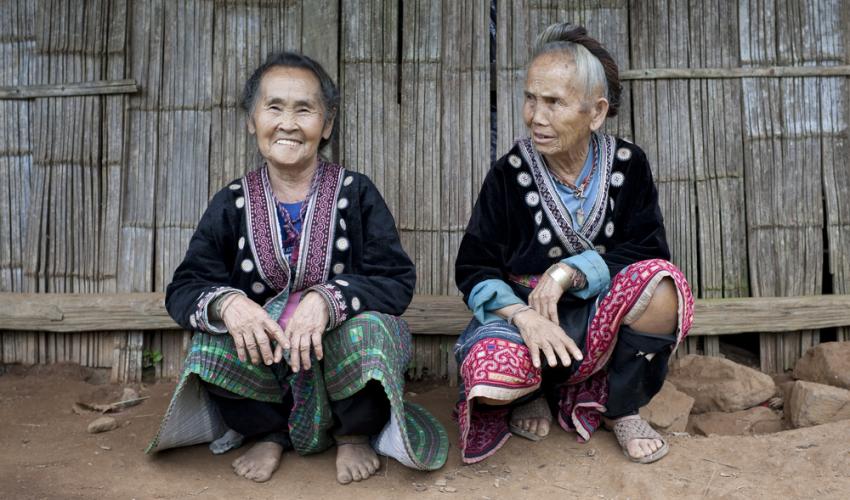Gender commitments at IUCN Congress 2016 build on proactive efforts towards gender equality since the 1980's. These have led to groundbreaking knowledge products and policy impacts at global level and at the national level in dozens of countries.
IUCN recognises gender equality as a driving force for effective, equitable and sustainable environmental solutions. Since 1984, women’s issues and gender concerns have been given high priority through various decisions of IUCN Members’ Assemblies and World Conservation Congresses.
At the 1996 IUCN Congress, a mandate was adopted to create a gender programme and policy for the Union. In 1998, IUCN’s Gender Equality and Equity Policy was approved and adopted by the Union and gender considerations were declared to be an integral part of IUCN’s work.
IUCN’s recognition of the importance of gender equality has led to the establishment of the Global Gender Office (GGO) and one of the biggest, most diverse teams of gender experts of any environmental organisation. IUCN’s gender work has been recognised in major negotiating spheres including the United Nations Environment Programme, UN conventions on climate change, biodiversity, and desertification, as well as the RIO+20 conference.
Dozens of countries including Brazil, Zambia, Mexico, Rwanda and Uganda have invited the IUCN Global Gender Office to facilitate gender-mainstreaming processes across key environmental sectors. IUCN’s support and methodologies have been mentioned in the Intended Nationally Developed Contributions (INDCs) of Liberia, Peru and Jordan, submitted under the climate change convention.
IUCN’s 2012 Congress adopted a number of resolutions that addressed gender issues. One in particular called for gender sensitivity in the promotion of Ecosystem-based Adaptation, an emerging approach to increasing the resilience and reducing the vulnerability of people and the environment to climate change.
Since then, IUCN has supported governments and other stakeholders in numerous countries and regions including Mozambique, Jordan, Egypt, Haiti, Tanzania, Panama, Nepal, Liberia, Bangladesh, Cuba, Ghana, Uganda, Cameroon, Peru and Zambia, to create climate change Gender Action Plans (ccGAPs). These recognise and integrate the experiences, expertise, values, needs and capacities of women and men alike in national strategies and programmes on climate change adaptation and mitigation.
The IUCN Congress 2016 aims to be the most gender-responsive Congress in IUCN’s history. It will comply with the Union’s Gender Policy as well as the various mandates adopted by IUCN’s General Assemblies. The IUCN Congress Gender Mainstreaming Strategy was created to ensure that IUCN’s policies and actions reflect the importance of gender equality in all of the Union’s work.











